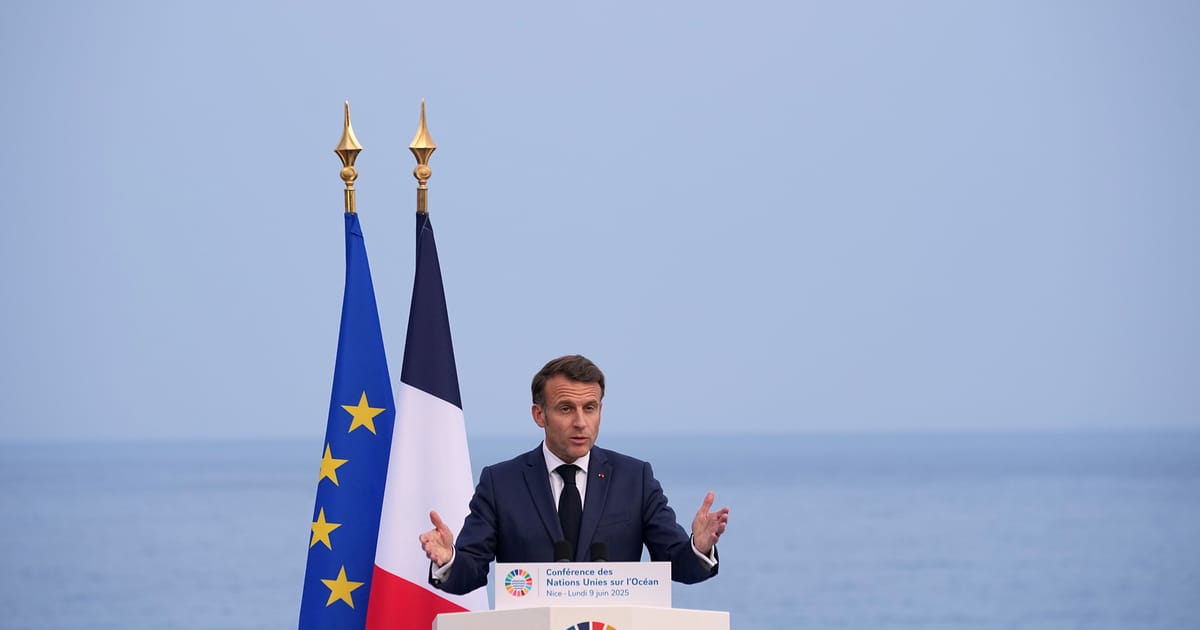

In the dynamic world of international climate initiatives, recent developments highlight both the collaborative spirit and the obstacles that nations face as they work towards sustainable progress. As global conversations continue to shape our environmental future, key events emphasize the importance of alignment and mutual understanding in achieving ambitious ecological goals.
Emmanuel Macron, the President of France, has recently signaled his intention to delay the European Union’s next major climate milestone. This decision, aimed at reevaluating the bloc’s approach, risks weakening the EU’s strong international green ambitions. President Macron suggests that postponing this milestone may allow for deeper analysis and planning, enabling a more effective contribution to long-term sustainability goals. While this delay may introduce some uncertainty, it provides an opportunity for recalibrating and strengthening strategies.
Meanwhile, the Bonn climate talks have concluded with constructive insights as preparations continue for the upcoming Cop30 summit in Brazil. These negotiations over two weeks welcomed an array of discussions aimed at setting the stage for meaningful commitments later this year. As discussions unfolded, critical issues such as financial commitments and equitable contributions among nations were top priorities. By sharing lessons and challenges faced, delegates worked together to ensure a more inclusive approach to addressing the climate crisis.
Adding another layer to the global climate action narrative, Australia has taken a noteworthy step towards sustainability by granting a $100 million loan to Wesfarmers. This loan, facilitated by the Clean Energy Finance Corporation, is earmarked for installing solar panels and electric vehicle (EV) chargers at prominent retail locations like Bunnings and Officeworks. The move is expected to catalyze broader adoption of green technologies across the commercial sector. Ian Learmonth, Chief Executive of the CEFC, expressed optimism that this initiative would create a ripple effect, encouraging similar advancements in other sectors.
Further, Australia is positioning itself to possibly host the Cop31 summit, with Adelaide as the proposed venue. However, Prime Minister Anthony Albanese must navigate diplomatic waters to resolve a standing dispute with Turkey, the other contender for hosting rights. The unresolved decision at the UN climate headquarters in Bonn underscores the need for heightened diplomatic engagement to facilitate a consensus that aligns with global interests. Hosting such a significant event would not only elevate Australia’s role in climate leadership but also underscore the importance of international cooperation in overcoming environmental challenges.
These interconnected stories in the realm of climate action underscore a shared journey toward a sustainable future. They bring to light the synergy required between swift policy decisions, financial investments, and international diplomacy to advance global environmental objectives. As nations continue to collaborate and confront challenges, each step forward serves as a reminder of the crux of partnership and persistence in protecting our planet.
Source: {link}
